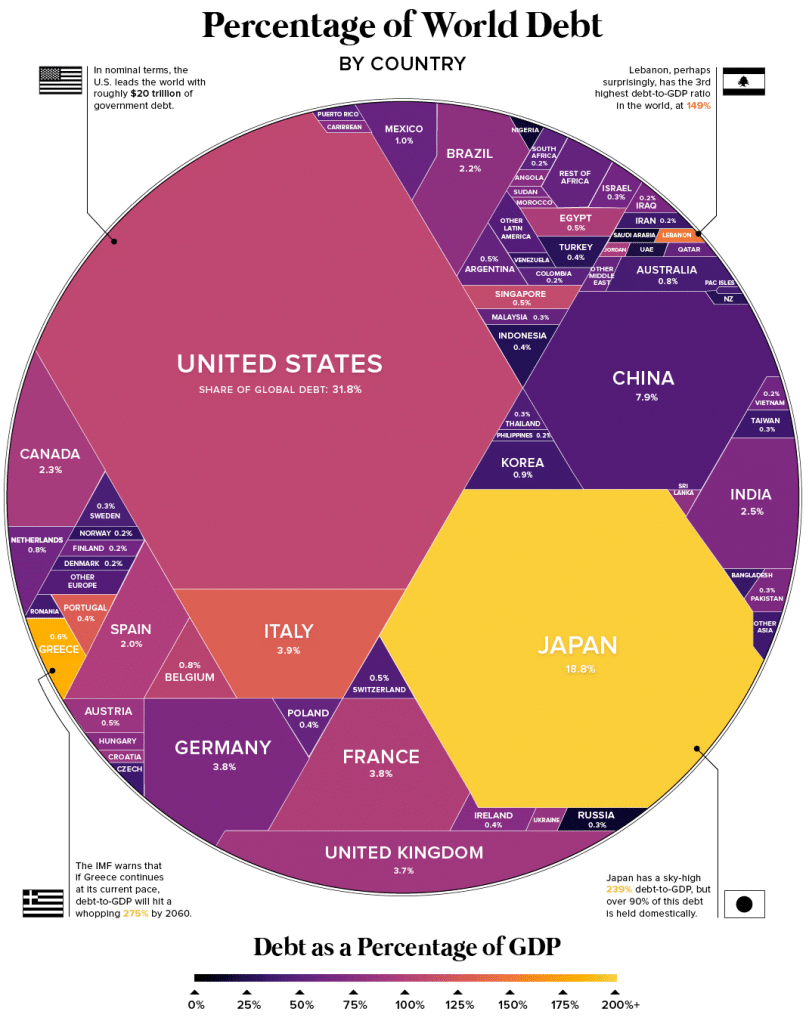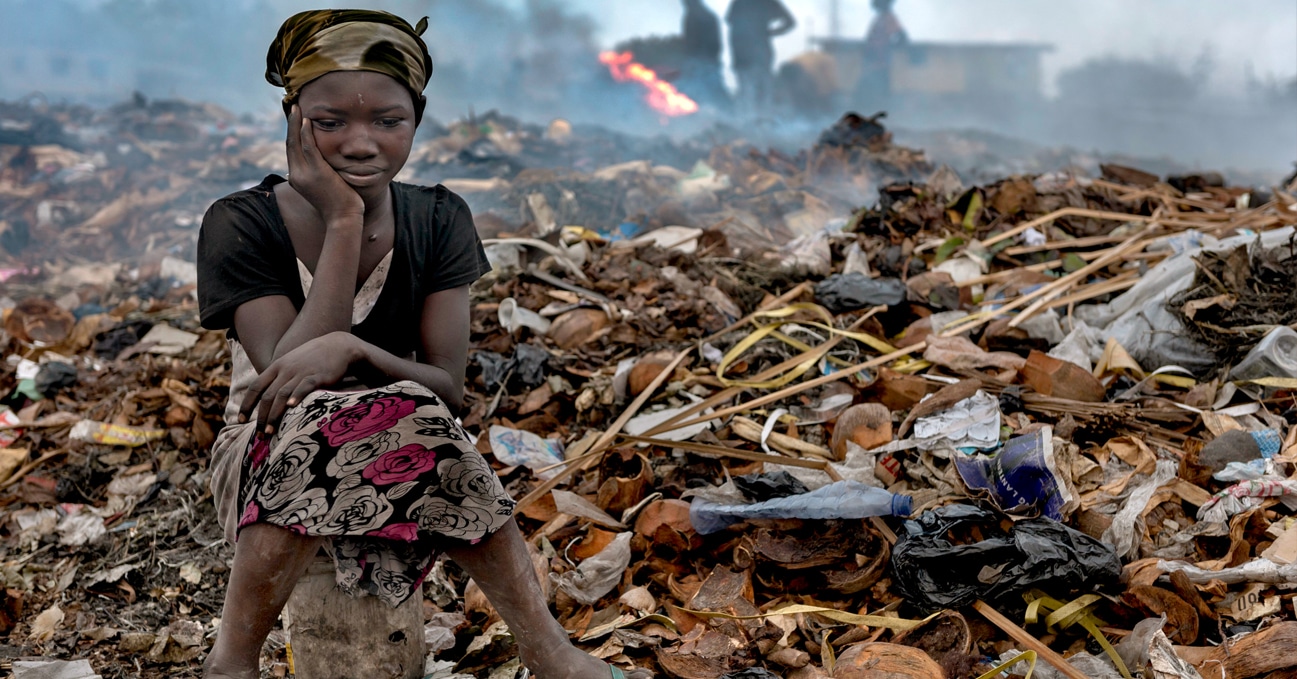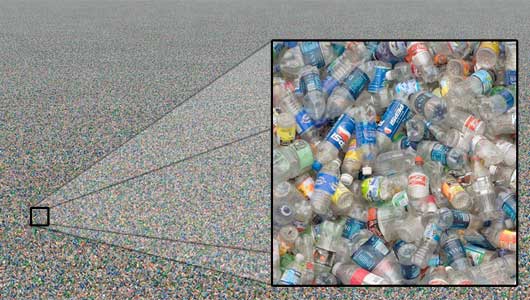Shared responsibility; people, businesses, and agencies.
Imagine a complete stranger calling you the C-word.
How would you feel? – Angry? Upset? Offended?
Well, of course, that would be natural, who wouldn’t be? But then again, many of us are called the C-word daily and do absolutely nothing about it.
The world is full of C’s. It’s on the news, in the papers, on the internet and many carry on regardless.
Of course, I’m referring to the consumer.
So what is a consumer? And why is consumerism bad?
By definition, a consumer is a person who purchases goods and services and eats or uses something. It is the person’s action of purchasing that fuels capitalism.
However, the word consumer derives from the term consumption. This has several definitions, linked to economics and finance, though it also refers to the act of using up resources.
This particular definition causes concern as the very language itself denotes the resources as finite.

To use up is to deplete – the bad effects of consumerism on society.
Events like Brexit and the recent recession partially revolve around people’s spending habits, with economists and retailers fearing the worst or anticipating the best.
Where necessities like food, water, shelter and education are essential for survival and development, it seems odd to realise that life in the ‘developed world’ is dependent on buying things.
What is concerning is the synonymous relationship between consumption and the economy. As we’ve previously discussed, to consume is to use up.
However, the economy is always thought of in terms of stocks, shares, purchasing, loans, etc. In other terms, most things we see on the news or financial papers.
However, when thinking of the economy as whether something is economical, it paints a completely different picture.
The meaning of an economy is the careful management of available resources. Therefore, it suggests a conservative approach to how we use resources, whereas consumerism is the more the better, and that’s the problem.
The current state of our societies, financial economies and in particular our environment are testament that we use and demand more than we have, and it’s a serious problem.
It poses two scenarios. Firstly, coining someone as a consumer is categorising.
We are dealing with people. As soon as you categorise another person or group of people you, in essence, are psychologically separating yourselves from them.
How does this mindset affect marketing practice? The negative impact of consumer marketing on society.
How can we create a more unified society when the very people who have the power to steer human consciousness in the right direction automatically separate themselves from the collective with outdated theories and ideologies on how we should be doing things.
People have individual lives and experiences, thoughts, feelings, ambitions and passions.
Full reliance on marketing practices like ABC1 grouping and demographics etc. are beyond antiquated, they are insulting.
Any ‘glitches’ in trends or expectations referred to as ‘anomalies’ would only go to prove the theories’ redundancy.
Marketing companies and corporations who pedal this practice and terminology only go to show they have little understanding of human behaviour, after all, we are not pre-programmed machines.
However, it proves a second issue.
Referring back to the meaning of consumption and it’s mismatched relationship with a real economy, iterating and encouraging consumption without regard is fueling an ecological disaster.
Advertising and marketing agencies are among the worst offenders for using the C-word. Pitching their services to prospective clients through their websites, they’ll insist on the importance of aiming and targeting consumers and of course, increasing one’s share of the market.
So hypothetically, not only do we have metaphorical targets on our backs for the benefit of businesses, but we’re subtly termed as cattle too, herded from one commodity and trend to the next.
To some agencies, people are mere walking and talking dollar/pound signs.
- Discarded plastics floating in the ocean.
Today we live in a world where by 2050, plastics in our ocean will outnumber fish.
This statistic is frightening. The fact that we live on a beautiful, Eden-like paradise which we continue to exploit at an alarming rate is beggars belief.
And for what? Cheap chocolate? A popular brand? More sex appeal?
For the advances we have achieved technologically as a species, our behaviour is still rather primitive. So who’s to blame?
To look for the guilty we have only to look into a mirror.
Companies must have a duty to be responsible and to treat the planet and its life with the utmost respect, and marketing agencies must exercise moral practices where they refer to people with diligence and not mere statistics.
However, the entire global system as we know it is propped up by people’s consumer habits.
We have a choice to live in a better, cleaner world, and that can be decided upon what we take to the till.
From how we choose to spend money, companies could make or break, whether they are willing to change their ways and listen to people’s concerns.
What this proves is the power of a simple word, and how issues can arise if they’re poorly handled.
Yes, consumption has been an activity for centuries in its various ways, but over the last 200 years (especially the post-war boom in the 1940s/50s) pillaging the planet has not just become a daily routine, it’s big business.
Thankfully sustainable development movements have become more mainstream, but more needs to be done.
The truth at the time of writing is that Planet Earth could survive without people, but people couldn’t survive without Planet Earth.
The actions of people can have far-reaching consequences.
If you want to play a part in tomorrow’s world, engage in research, get involved in debates, say what you know, and think of what you say.






